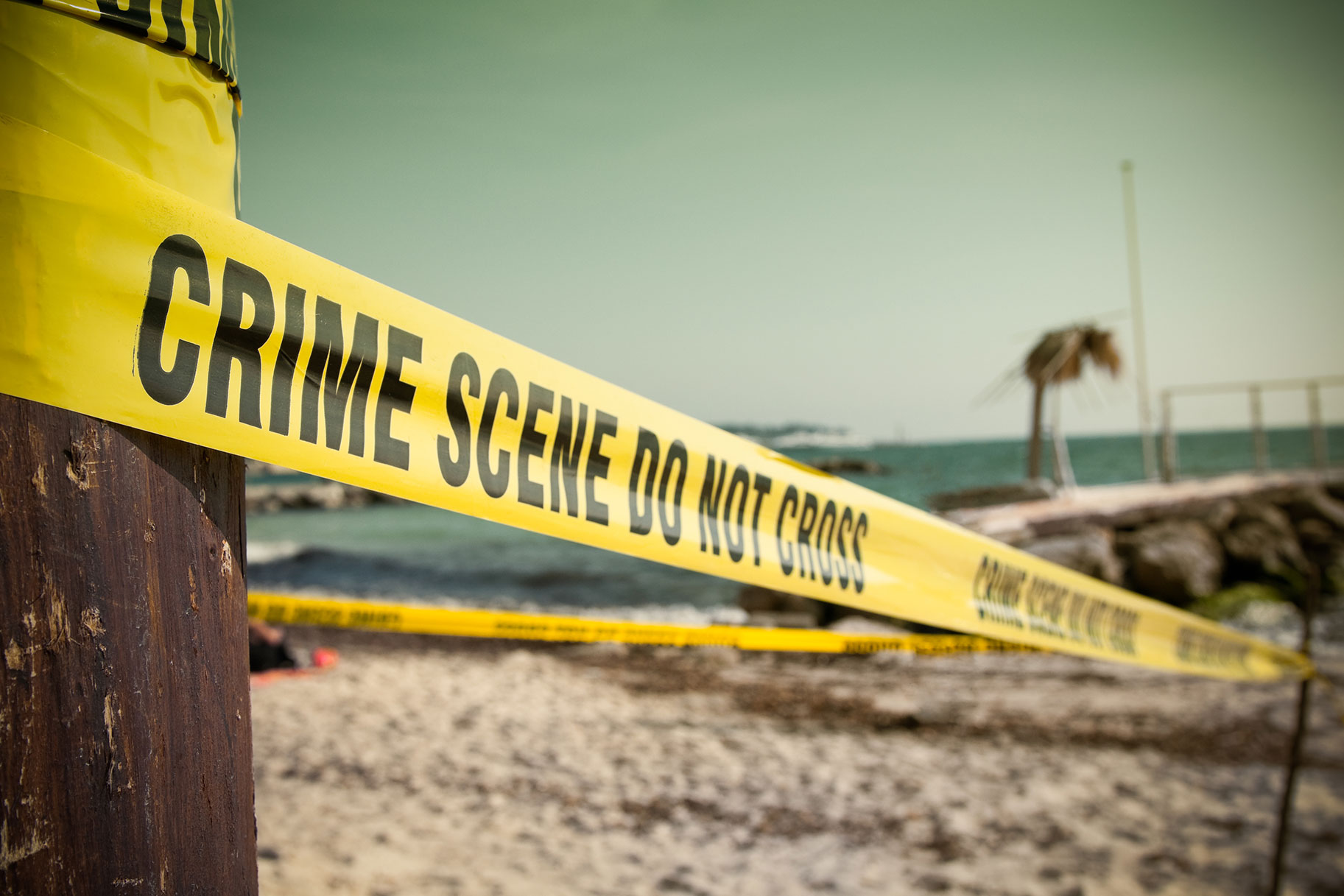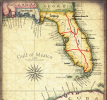Florida in the other Great War
Assuming there is a second world war in the same approximate time frame as OTL, it would have, as OTL, a much greater impact on Florida than the first one.
Not only did the war last two years longer, but mechanization had increased by leaps and bounds in the intervening thirty years, and the American involvement was almost four times as long.
Before American involvement, Florida would again see a substantial portion of its labour force head to Europe; but, far more than during WWI, Florida would become an important industrial hub, primarily for aircraft and ship building. These industries would draw more labourers off the farms of Florida. The farm labourers were largely replaced by West Indian and African-American migrant workers.
Due to the mild climate, relatively lower wages, distance from the European front and location on the most direct routes to North Africa, Florida's economy really boomed once the Americans entered the fray. Although the effects are muted compared to OTL, Florida would still house tens of thousands of American soldiers, albeit temporarily, during and after the war. Being allies throughout the war led to the development of an integrated North American industrial network which proved easily adaptable to consumer products once the war had ended.
Agricultural production also grew exponentially as Floridian crops helped keep the allies fed.
The explosion of economic productivity helped transform Florida into a modern industrial nation, and brought plenty more Americans who would return with their families for vacation, or as retirees, after the war.
Paved roads and motor vehicles, both widely in use by the armed forces, became a common sight during this period.
After the war, Florida became an enthusiastic member of the Western Allies, although successive post war governments were heavily influenced by the robust welfare states being developed in Australasia, Britain and western Europe.
Not only did the war last two years longer, but mechanization had increased by leaps and bounds in the intervening thirty years, and the American involvement was almost four times as long.
Before American involvement, Florida would again see a substantial portion of its labour force head to Europe; but, far more than during WWI, Florida would become an important industrial hub, primarily for aircraft and ship building. These industries would draw more labourers off the farms of Florida. The farm labourers were largely replaced by West Indian and African-American migrant workers.
Due to the mild climate, relatively lower wages, distance from the European front and location on the most direct routes to North Africa, Florida's economy really boomed once the Americans entered the fray. Although the effects are muted compared to OTL, Florida would still house tens of thousands of American soldiers, albeit temporarily, during and after the war. Being allies throughout the war led to the development of an integrated North American industrial network which proved easily adaptable to consumer products once the war had ended.
Agricultural production also grew exponentially as Floridian crops helped keep the allies fed.
The explosion of economic productivity helped transform Florida into a modern industrial nation, and brought plenty more Americans who would return with their families for vacation, or as retirees, after the war.
Paved roads and motor vehicles, both widely in use by the armed forces, became a common sight during this period.
After the war, Florida became an enthusiastic member of the Western Allies, although successive post war governments were heavily influenced by the robust welfare states being developed in Australasia, Britain and western Europe.


